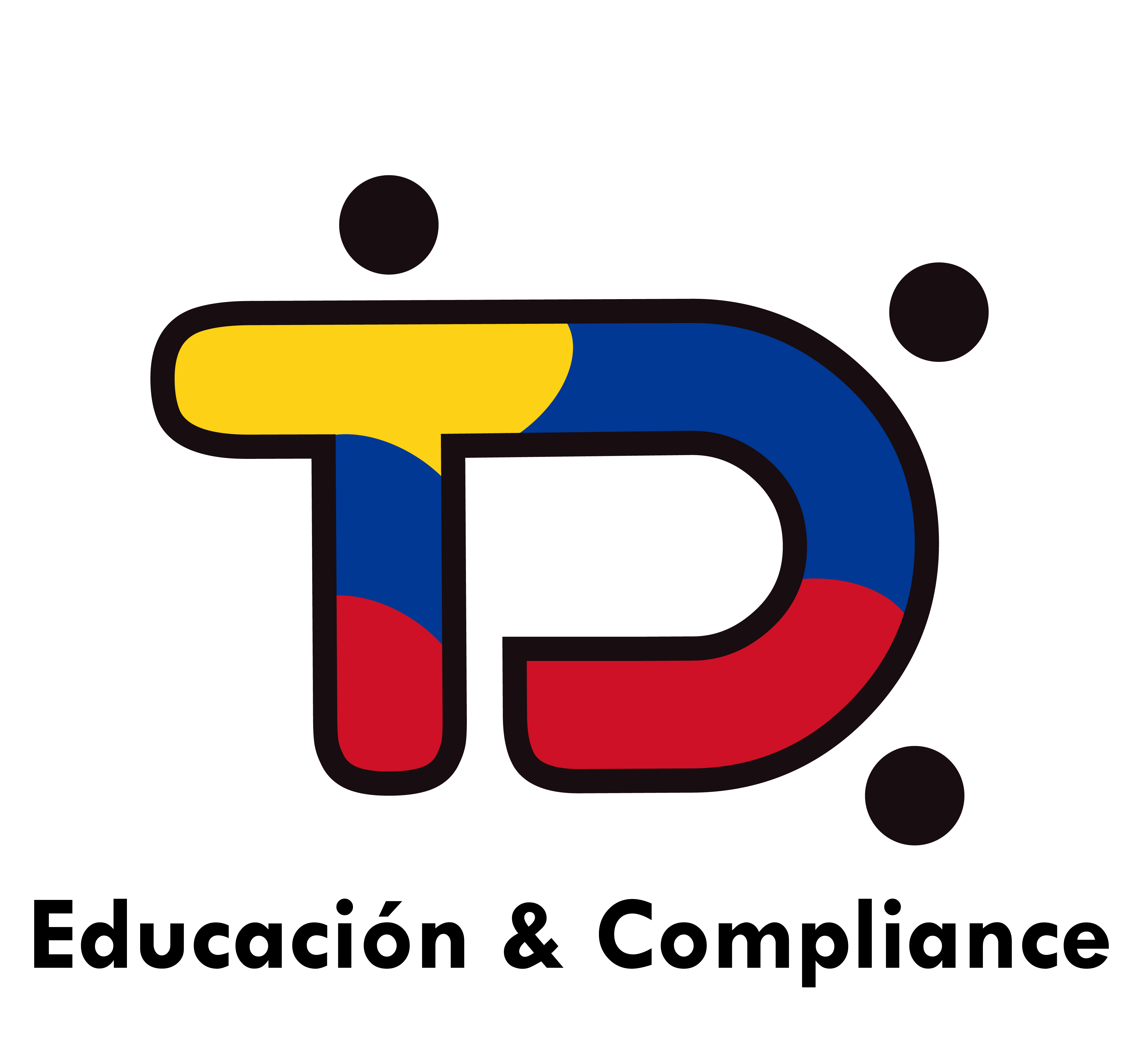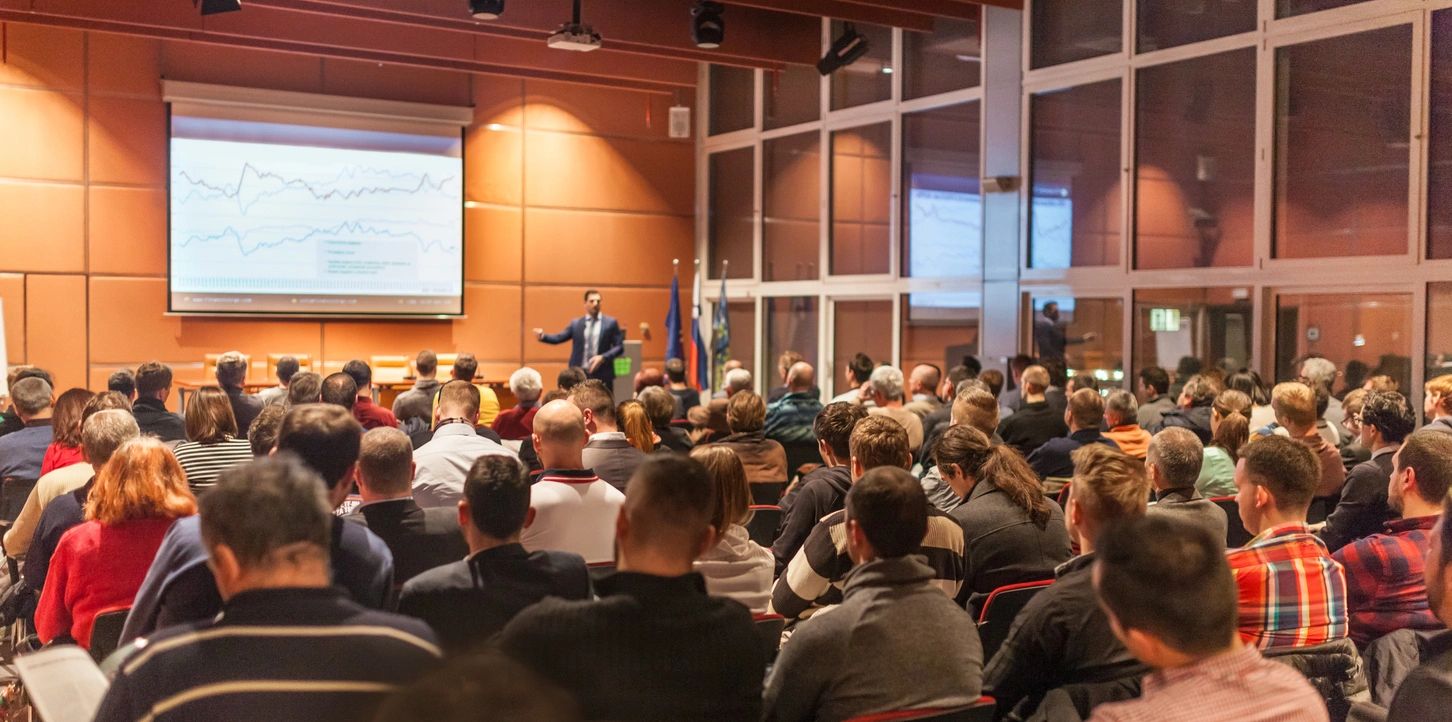In modern democracies, systemic corruption operates within the rule of law to perpetuate the power of a minority elite, eroding democratic principles and deepening inequality. The problems involve the emergence of an integrity industry, and the operationalization of the concept. Instruments such as the Basic Universal Principles of Good Governance of the International Olympic Committee (IOC) have attempted to operationalize these values with diffuse implementation results.
The democratization of sport is not an increase in access to programs. It is a transformative process that seeks to ensure that sports organizations operate under clear and showable democratic standards. This proposal challenges traditional power structures that often exclude key actors and perpetuate inequalities in decision-making.
Under this idea, democratizing sport means redesigning the rules of the game. It is about reconfiguring governance structures and internal processes to reflect democratic values. This ranges from implementing external audit mechanisms to establishing clear term limits for members on boards of directors or Executive Committees.
Democracy is a system of government based on the principle that power is laid in the people. Although the term comes from the Greek words demos (people) and kratos (power or government), its interpretation and application have evolved significantly throughout history.
The concept of democracy originated in ancient Greece, particularly in Athens in the 5th century BC. C. There, democracy was direct: citizens (except women, slaves, and foreigners) participated personally in making political decisions through the ekklesia, popular assembly (Held, 2006). However, Greek democracy was not without criticism. Aristotle considered it a system in which the interests of the majority could unfairly prevail over those of minorities. Plato, for his part, feared that it would degenerate into demagoguery, where leaders manipulated the people to obtain personal power.
Systemic Corruption and Democracy
In current liberal representative democracies, according to Camila Vergara, there is systemic corruption that leads to the oligarchization of power. This phenomenon occurs when the structures and norms of the political system, although formally operating within the rule of law, constantly favour a minority elite to the detriment of the majority. This process perpetuates inequality and undermines fundamental democratic principles (Vergara, 2020).
Vergara criticizes the traditional view that attributes corruption to dishonest individual actors and argues that the problem is structural: institutions are designed to encourage the concentration of power and wealth. Even well-intentioned actors can become trapped in these oligarchic dynamics by operating in a system that perpetuates them.
Contemporary Manifestations
Democracy has materialized through participatory, representative, and deliberative democracy. Democratic states are characterized by mechanisms to guarantee participation, representation, and deliberation. In other words, citizens must have the right to participate by choosing who will represent them in national or subnational government bodies and to express themselves about public decisions that directly or indirectly affect them.
Although democracy is considered the most inclusive system, its application faces severe criticism. For example, Russia calls itself a democracy, but severe restrictions on the opposition and government control over the media limit electoral competitiveness. (Freedom House, 2023). Venezuela had recent elections marked as illegitimate by external actors (International IDEA, 2022). Hungary experiences a high concentration of executive power, accompanied by restrictions on freedom of the press and civil society (Boese, 2019).
Democratizing sport: beyond access
For a long time, the democratization of sport has been associated with providing sports services in cities, managed directly by the State, indirectly through private associations and clubs, or through mixed schemes that combine public and private efforts. While these initiatives increase access, they represent only a limited segment of what democratizing sport entails.
True democratization requires transforming the way decisions are made. This involves introducing external audits to oversee executive committee elections and setting time and age limits on terms. Such actions are essential to avoid the perpetuation of power in a few hands and promote a rotation that reflects the diversity of interests within sports organizations.
The Problems of Democracy in Sport
The problems arise from the emergence of an integrity industry that has been consolidated in sport, and the operationalization of the concept, which has been embedded with others such as integrity and transparency, complicates an adequate and specific analysis. Regarding the industry, there are good international references, such as (Gardiner, 2016 Sampson, 2012 & Sam, 2022), or Latin American like those of (Hernández y Castillo, 2022).
Other anti-corruption technologies such as Principios Básicos Universales de Buena Gobernanza of the International Olympic Committee (IOC) have attempted to operationalize these values with mixed results in their implementation. Although useful, these technologies fail to solve the severe problems associated with the concentration of power and the censorship of uncomfortable actors such as athletes, journalists, or activists. Ver análisis sobre la gobernanza del deporte de élite en Colombia.
For example, the IOC Principles highlight the importance of clear organizational structures, open democratic processes, and effective accountability mechanisms. However, implementing these ideas in national and local contexts remains a challenge. Many sports organizations lack the capacity or will to adopt these measures effectively.
| Cathegory | Examples |
| Structures | All sports organizations must include natural or legal persons who constitute and make up the organization. |
| Regulations and Statutes | The statutes and rules are public, clear and transparent. |
| Executive Board and Task Force | The size of the EB should be appropriate and consistent with the size of the organization. |
| Accountability and Transparency | The EB is responsible for its actions and is accountable to the General Assembly. |
| Democratic Processes | All members must have access to relevant information (meeting minutes, reports, etc.). |
| Voting and Elections | All members have the right to vote in accordance with the statutes and regulations. |
| Renewal of Officials | Promote new candidates by establishing time limits (no more than 16 years in the role) and age limits (no more than 75 years). |
| Appeals | Respect for due process and the possibility of appealing to the CAS. |
«Although useful, these technologies fail to solve the serious problems associated with the concentration of power and the censorship of uncomfortable actors such as athletes, journalists or activists»
The questionnaire developed by the ASOIF (ASOIF) to evaluate the governance of International Federations is a key example of a robust and consistent mechanism. The section dedicated to democracy has the following items:
- Election of leaders by the assembly:
The president and the majority of the members of the Executive Committee must be elected by vote by the general assembly. - Clear rules for campaigns and proposals:
Policies should ensure that all stakeholders in the federation's government can campaign and present proposals equitably. - Secret votes with clear procedures:
Voting must be secret and comply with defined protocols, although there is debate about whether they should be public for greater transparency. - Publication of open positions:
All available positions on the Executive Committee and other bodies must be published with clear details, such as job description, selection criteria, and deadlines. - Eligibility rules for candidates:
Establish and publish clear eligibility criteria, ensuring due diligence when evaluating applicants. - Time and age limits for elected officials:
Implement restrictions that prevent tenure, such as term limits and a maximum age for officers. - Representation of key stakeholders:
Include key stakeholders, such as athletes, coaches and club representatives, in governing bodies. - Adoption of the IOC Athletes' Declaration:
Incorporate the recommendations and principles established in the International Olympic Committee Athletes' Declaration. - Affiliate governance support:
Provide tools and technical assistance for affiliated federations or associations to improve their governance practices. - Monitoring of affiliated associations:
Monitor compliance with statutes, codes and regulations by affiliated clubs and associations. - Equity in General Assemblies:
Ensure that all members have equal opportunities to participate and vote in assembly decisions. - Explanation of decisions in statutes and regulations:
Statutes and regulations should include detailed justifications for decisions made at each organizational level.
These categories set an international standard and could be adapted to local contexts to improve governance in local clubs, associations, and national federations.
Democratizing sport is possible, but it requires political will, technical capacity, and independence of the actors who accompany the implementation. Adopting mechanisms such as the ASOIF questionnaire and implementing external audits and accountability processes are essential steps to guarantee transparency and participation in the governance of organizations.
True democratization is not limited to structures, either. It also requires a cultural commitment to redefine how democratic values are perceived and practiced in sport. By doing so, sport not only becomes a fairer space but also a reflection of societies' democratic aspirations.

